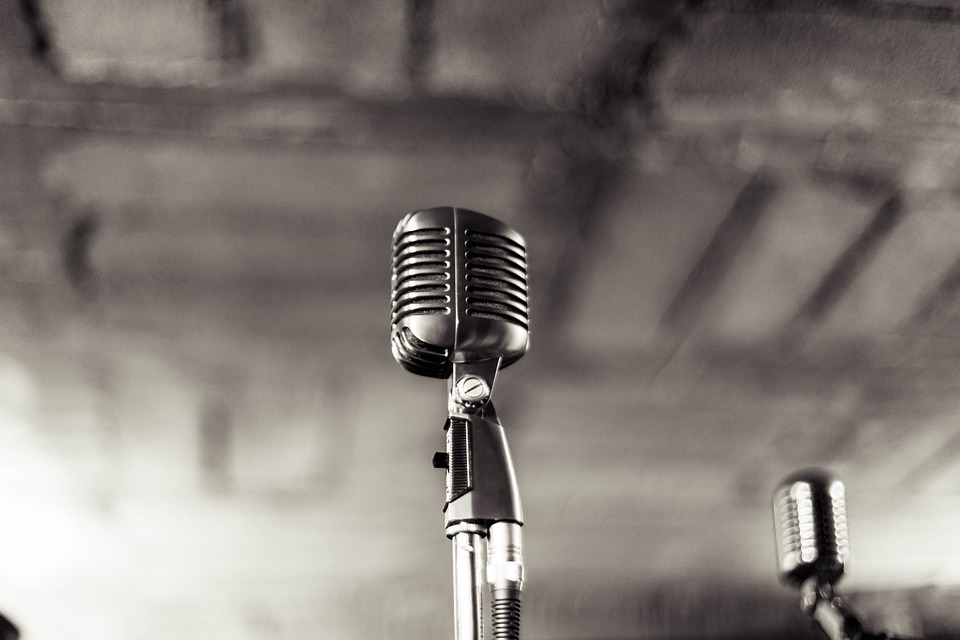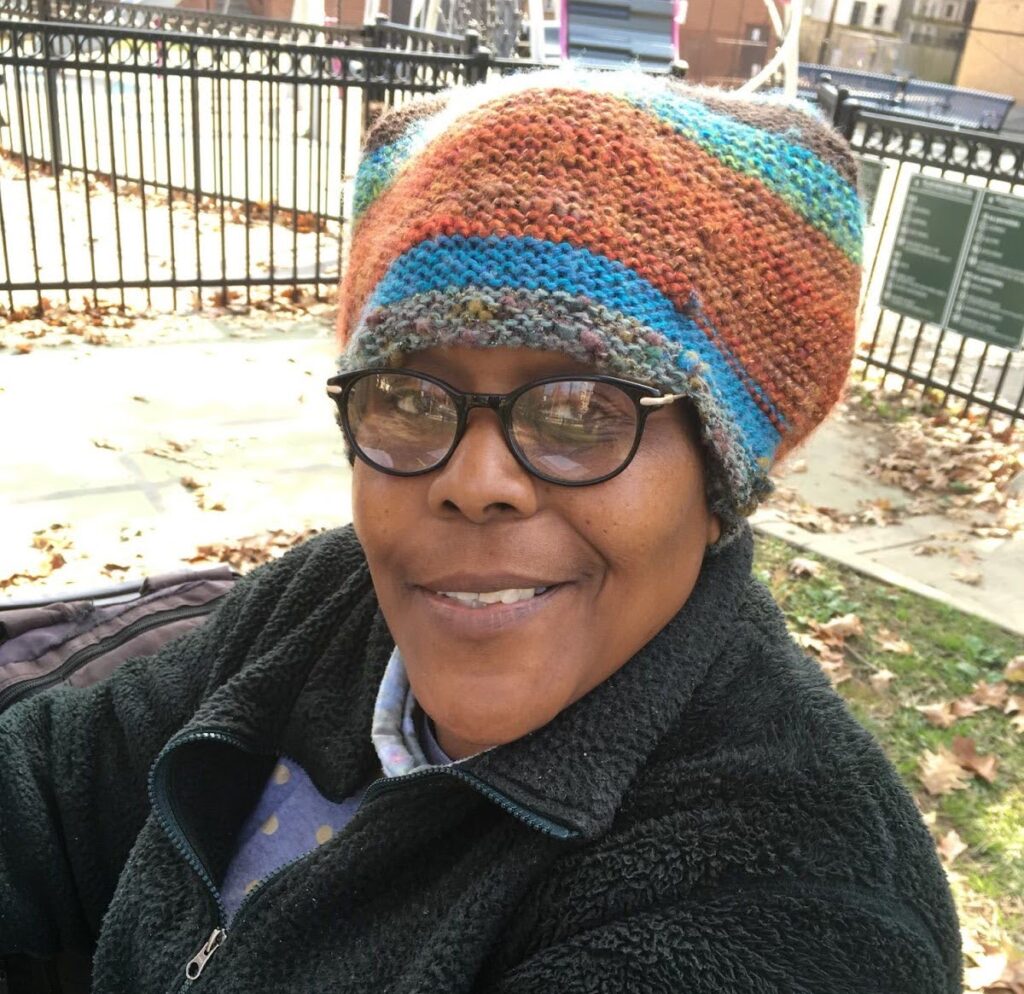We must perform a kind of artistic autopsy—a scary prospect, no doubt, to those offended by the idea of hip-hop’s mortality. Logic dictates that hip-hop was figuratively drugged, raped, and murdered, having worked as a hapless prostitute in one’s speaker set.
I harbor no illusions that the reader is ignorant of my bias towards the conservationist’s view. However, would it be polemical to ask whether Gucci Mane meets the criteria of a dope emcee for the period when hip-hop was alive? Do any of Nelly or Soulja Boy’s records reflect the lyrical standards, gravity, craft, or veneration set by Rakim, Kool G. Rap, Nas, and the army of adroit rappers? Must we expect only excellence in the artistic culture of which I am a part? Is it wrong to label poor artistic work as such, even if financial success attributes a pseudo splendor to what is essentially cleverly marketed rubbish that soils hip-hop?
The impostors that produce this kind of highly marketable rap do so freely only because the sentinels of hip-hop are not at their post. Absent are the integrity, independence, and unique
artistic Darwinism that weeded out undesirables in the Ascetic Age. Hip-hop used to reflect the lives of real people. It was a “kinship of the dispossessed,” as W.E.B. Du Bois once wrote of Black America. Nowadays the hip-hop fan is alienated from good art, and barraged with flashy aesthetics to deceiving him into consummating with D-grade rap.
Somehow the monastic, hard, dark, and organic tone that once reflected across the 1990s was lost along with hip-hop’s variegated artistic styles. Currently, synthetic hip-hop reigns king.
These artists would inevitably be subject to insults if they were to perform a cappella on a street corner in America’s ‘hoods with no corporate money to back them up. Gone is the era of hardcore beats and grassroots-driven feedback acting as lyrical law.
To be sure, I realize that the corporate globalization of hip-hop is just a sliver of a movement that would put a Starbucks in Lima, Peru. And certainly, hip-hop’s unprecedented level of prosperity from the pop music dollar-tree gave many of African-Americans the means to become power players in the music industry.
By 2004, the so-called “Bling Era” of hip-hop had arrived. House parties, “forties,” and blunts were ousted; in their stead stood champagne, nightclubs and expensive cigars. Hip-hop had grown up to engage a widespread global fan-base. In America, however, the music became predictable. Hip-hop lost its edge. It was Fonzie without his cool.
It’s no fun to be a citizen of a faded empire. Peter Pan may be rich when he grows up, but he certainly won’t be fresh and adventurous. I am reminded of an old hip-hop axiom: “Rap was secondary; money was necessary.” This has been true for the entire history of hip-hop, but these days that gap is growing. Hip-hop has gone the way of the iconic Bob Marley image. As with posters and postcards of Marley, rap was stripped to the very substance of its soul, then defanged of its grit.
It’s as if record executives have said: “Let’s make as many people as we can love hip-hop by controlling her in our prostitution racket. We will fool the artists into submission by shelving work that does not fit the criteria of the principle by which we work. We want anyone with some money to be a part of hip-hop… at all costs.”
So many new emcees today are simply beggars with microphones, panhandling in rhyme to abate their hunger pangs. It’s evidenced in their every rhyme. The pure and chaste hip-hop was richer in artistic virtue than she could ever be as a harlot. A sea of worthless emcees and producers make it clear that hip-hop is nothing more than a barking dog with no teeth.
The Golden Era-loving hip-hop head finds himself in the agony and despair of starvation. I accept the reality as it is, but I invite the reader to consider what has changed in hip-hop. Are the artists trying to be inventive, intricate, or even creative despite the commercial risks? Or are they simply hustling fans in corroboration with corporate interests? Is the art an end in itself? Or is it a means to financial success? To be fair, in the artist’s shoes, I would likely make the same Faustian deal. But I am not the artist and I expect more.
So, let the champagne pop. I wonder if a day will come when people find that hip-hop, unadulterated and pure, is a grassroots, revolutionary art form created by diaspora Africans from the streets, among “wonderful facts you might not know.” It happened with rock n’ roll, didn’t it?








